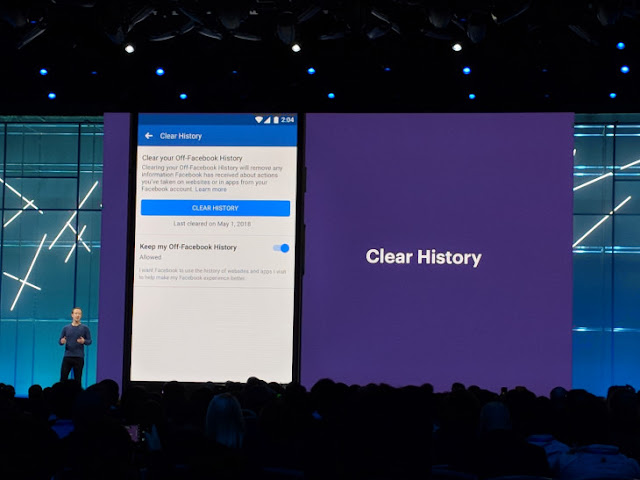Computer: An electronic device which is capable of receiving information (data) in a particular form and of performing a sequence of operations in accordance with a predetermined but variable set of procedural instructions (program) to produce a result in the form of information or signals. A person who makes calculations, especially with a calculating machine.
Central Processing Unit (CPU)
A processor is the logic circuitry that responds to and processes the basic instructions that drive a computer.
The
four primary functions of a processor are fetch, decode, execute and write
back.
The basic
elements of a processor:
-
The arithmetic logic unit (ALU),
which carries out arithmetic & logic operations on the operands in
instructions.
-
The floating point unit (FPU), also known as a math coprocessor that manipulates
numbers more quickly than the basic microprocessor circuitry can.
-
Registers, which holds instructions and other
data. Registers supply operands to the ALU and store the results of operations.
-
L1 and L2 cache memory: The inclusion in the CPU
saves time compared to having to get data from random access memory (RAM).
The two main competitors in the
processor market are Intel and AMD.
Performance of CPU:
Performance
of PCs, which include multimedia machines and workstations, will give
you more power of complex creative or math and scientific projects. Faster
processors with four, six, or even 18 cores make quick work of your task. More
memory (8GB to 32GB) is installed, so you can keep larger images on screen
while editing a video, rendering a 3D model, or processing a humongous
spreadsheet full of numbers you have to graph. You’ll also find extra storage
in the form of large hard drives and SSDs that will let you hold a multitude of
work documents and program library file.
Top Best Laptop of 2018 for Personal
Looking for the best laptop for personal
use? There are hundreds of laptop types flooding the market, from models with
affordable price to more sophisticated, expensive one. It can confuse you when
picking out the best one. How to find the best laptop? First, you think about
your needs, then you can start to classify the laptops according to your needs
before you choose the best one. For e.g. if you are a
gamer, who mostly use the laptop of playing games, then you can search
laptops with the excellent GPU to process graphics, a minimum 4GB of RAM, and
of course a great processor. If you are a business
person, you can focus on laptops with connectivity ports and fingerprint
sensor for security, besides a great processor as well. What if you are looking
a laptop for your personal use only? What is the best laptop for personal use? Usually,
you only use this laptop for browsing, checking, e-mail, socializing, playing
light games, and light productivity tasks. So, you will not really need a big
size of RAM or the excellent CPU. However, you can focus on the battery life,
your budget, its weight, and your taste.










No comments:
Post a Comment